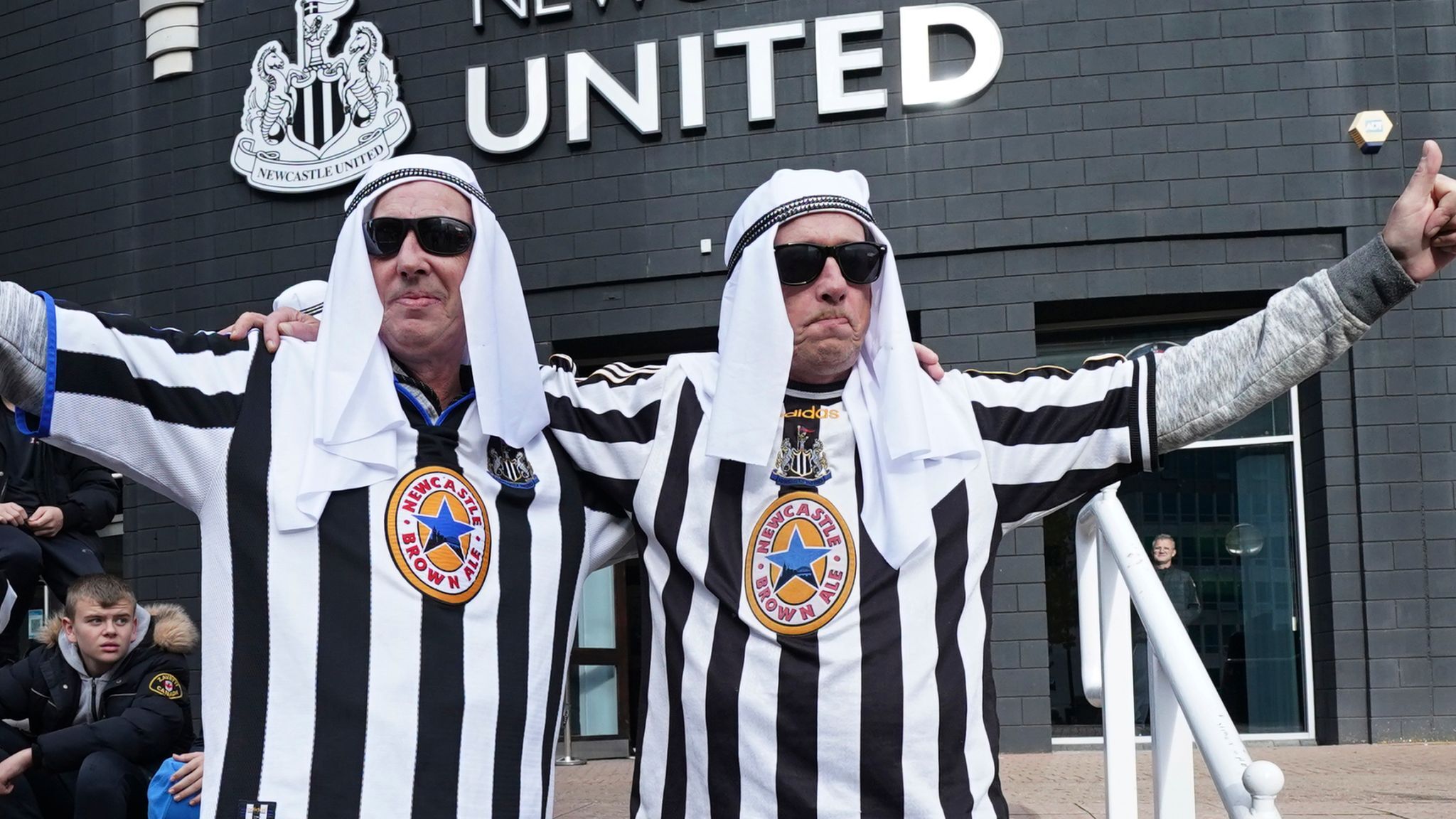English Premier League soccer club Newcastle United was once a titan in English soccer, especially in the 1990s. However, it also experienced a long period of bad performances, which ultimately saw it fall from the top tier of the league in 2016. Rescuing Newcastle in October 2021, the Saudi Arabian Public Investment Fund (PIF) purchased a controlling share of the club to the tune of $408 million. The government immediately hit the team with the cash injection needed to recruit better players. Within months, Newcastle had attracted top talents such as Kieran Trippier and Bruno Guimaraes, along with many other quality players. As a result, its ranking jumped from 11th place to fourth place within a year—an unheard of feat for most teams.
While an extremely high-profile example, the purchase of Newcastle United by a government-backed investment fund is not an unheard of phenomenon in the soccer world. In 2008, United Arab Emirates Vice President Sheikh Mansour’s investment group, the Abu Dhabi United Group (ADUG), purchased Manchester City. In addition, a Qatari investment fund bought Paris Saint-Germain in 2012. Companies like ADUG claim to be independent from their governments. However, leaked documents provide proof of government investment in soccer projects.
Governments broker these deals in an effort to mask their complicity in corruption—a practice known as sportswashing. For example, the Gulf states that participate in sportswashing do so in an effort to diffuse concerns about human rights violations and environmental damage caused by the oil industry. Sportswashing has gone largely unchecked by the British government and the Premier League.
The practice has recently expanded beyond the soccer world, with the PIF spending over $6 billion in the past two years on sports purchases. They have bids to host World Wrestling Entertainment events, boxing bouts, and a Formula One race; they also started a golf tour called the LIV to compete with the Professional Golf Association. In addition to buying an international soccer giant, they have also doubled down on building their domestic leagues, attracting global superstars such as Karim Benzema, Neymar, and Cristiano Ronaldo.
These investments are ultimately a public relations stunt that enables authoritarian governments to distract from their human rights records. The leaders of these countries who greenlight executions and restrict women’s and LGBTQ peoples’ rights continue to control decisions related to sports; they use teams to improve their image on a global stage and increase tourism. And it has worked. Across Saudi Arabia, sports and music venues are filled with fans despite the fact that the government recently killed unarmed Ethiopian migrants and incarcerated women’s rights protestors.
Why is sportswashing so successful? People love sports. Look no further than the reaction to the Newcastle takeover. Fans said they could do little about the human rights violations on a personal level and cared more about the investment in their community and their club.
However, the British government has not always been complicit in unethical sports purchases. Right after the invasion of Ukraine, Russian oligarch Roman Abramovich was forced to sell the massive soccer club Chelsea F.C. because of his close political ties with Russian President Vladimir Putin. The British government did not want the club’s name to have any affiliation with the Russian government, so it froze Abramovich’s assets and took control of the club while it searched for a suitable buyer. Eventually, it sold the club to Todd Boehly, an American investor, for a record $3.1 billion, with guidelines that ensured Abramovich would make no money from the sale. Instead, the profits were placed into a frozen account that will eventually be donated to charity.
The British government’s decision to interfere begs the question: What explains its involvement in the sale of Chelsea in light of its complete inaction in the sale of Newcastle United?
The simplest and most pessimistic answer is that Manchester City and Newcastle bring in exorbitant amounts of revenue for the Premier League. While Chelsea also brings in revenue, both Manchester City and Newcastle will also bring in Union of European Football Associations (UEFA) Champions League revenue this year. The Champions League is a European club competition where the top finishing teams in domestic leagues play one another for a title. For example, Manchester City won the Champions League last year, largely due to its heavy investment in squad depth. But the near endless investment from Manchester’s unethical ownership group is the reason for its incredible squad depth.
The Premier League is looking into possible guardrails against unethical ownership, including amending its ownership test to ensure that owners are compliant with international human rights law. As it stands, an owner cannot have an outstanding criminal conviction; the league needs to expand this rule to extend to the heads of state that essentially control their government investment funds. Without such an amendment, corrupt administrations will continue to purchase historical clubs for public relations benefits. Teams with a higher budget are more competitive, so it is also imperative that the top five leagues cooperate in creating ethical ownership tests, or else teams will face the challenge of choosing between ethical ownership and a competitive squad.
So, where does that leave Manchester City and Newcastle United?
While a forced sale may be premature, if it is serious about ethical ownership, the Premier League must look into the future of these teams’ ownership, just as it did with Chelsea. The Premier League should consider how to disband these teams and ownership groups, but they will need cooperation from the other top five leagues. Without it, the Premier League will face a tough choice between principle and success.
